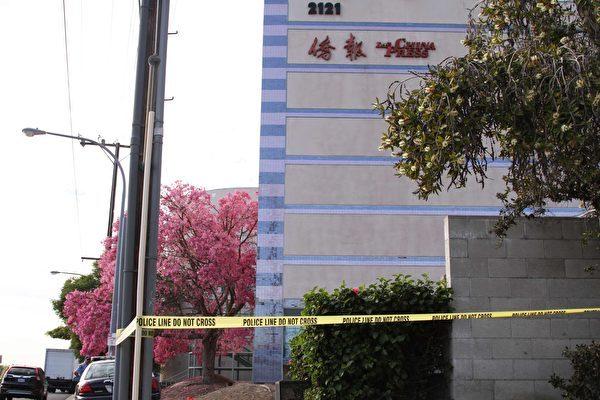The murder of Xie Yining, the founder and chairman of the U.S.-based Chinese-language newspaper China Press, has caused widespread concern in the Chinese community. New details have emerged about Xie’s true identity— he was a special agent for the Chinese Communist Party (CCP), according to a reader of the The Epoch Times.
Police found the body of Xie Yining, 58, on Nov. 16 inside the publication’s office in Alhambra, California where he was shot to death. Police recovered a handgun at the scene and arrested an employee identified as Chen Zhongqi, 56, on suspicion of murder.




